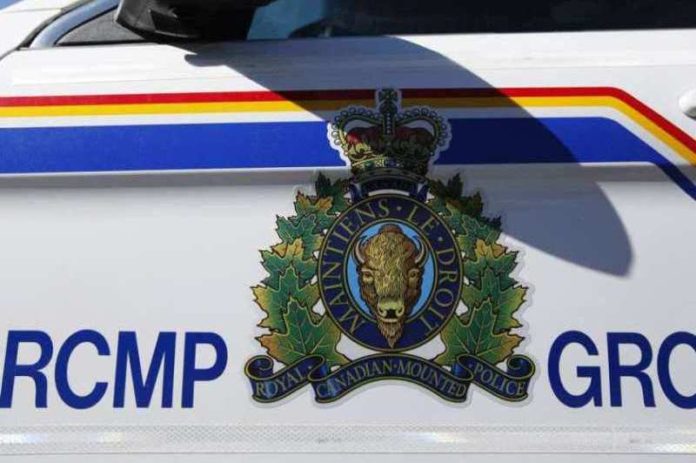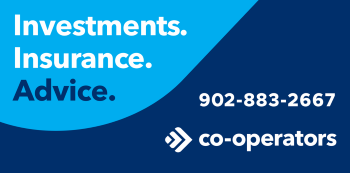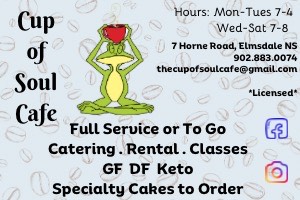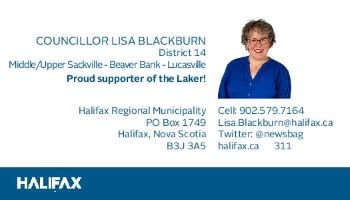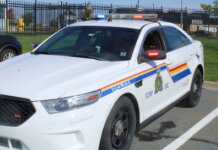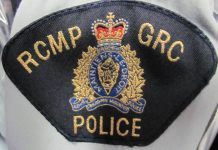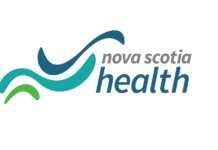FALL RIVER/BEAVER BANK: Eleven of 64 drivers charged by N.S. RCMP with impaired driving in the month of January took place in the East Hants; Fall River; and Beaver Bank areas.
In a release, Cpl. Chris Marshall said for the month of January, Nova Scotia RCMP charged 113 drivers with impaired related offences.
- 64 charged with Impaired Operation of a Conveyance by Alcohol
- 4 charged with Impaired Operation of a Conveyance by Drug
- 10 charged with Refusal of a Demand Made by a Peace Officer
- 35 issued driving suspensions for Operating a Conveyance While Having Consumed Alcohol.
Impaired driving investigations can be complex, especially when they involve both alcohol and drugs. This is why Nova Scotia RCMP officers receive a variety of training and have several tools at their disposal.
In Nova Scotia, there are approximately 250 RCMP members with training related to drug-impaired driving, 33 of whom are Drug Recognition Experts (DREs). Nova Scotia RCMP also has 427 trained breath technicians who are qualified to operate instruments that determine a driver’s blood alcohol concentration.
Failure or refusal to comply with a demand made by a peace officer for a sample for testing sobriety can result in criminal charges that have the same penalties as impaired driving. There are range of fines and periods of driving prohibition for those convicted of driving while impaired by alcohol or drugs.
Of the 64 charged with impaired operation of a Conveyance by Alcohol, five were charged by East Hants RCMP; while there were six charged by Halifax District RCMP in the Fall River/Beaver Bank zones.
Three of the 35 seven-day suspensions were also issued in these areas—one in Fall River/Beaver Bank; and two in East Hants.
Citizens are asked to call 911 immediately if you see a driver who is driving erratically or unsafely. Here are some signs of an impaired driver to watch for:
- Driving unreasonably fast, slow or at an inconsistent speed
- Drifting in and out of lanes
- Tailgating and changing lanes frequently
- Making exceptionally wide turns
- Changing lanes or passing without sufficient clearance
- Overshooting or stopping well before stop signs or stop lights
- Disregarding signals and lights
- Approaching signals or leaving intersections too quickly or slowly
- Driving without headlights, failing to lower high beams, or leaving turn signals on
- Driving with windows open in cold or inclement weather
Once you call 911, you will be asked to provide the following:
- Your location
- A description of the vehicle, including the license plate number, colour, make and model
- The direction of travel for the vehicle
- A description of the driver if visible.

